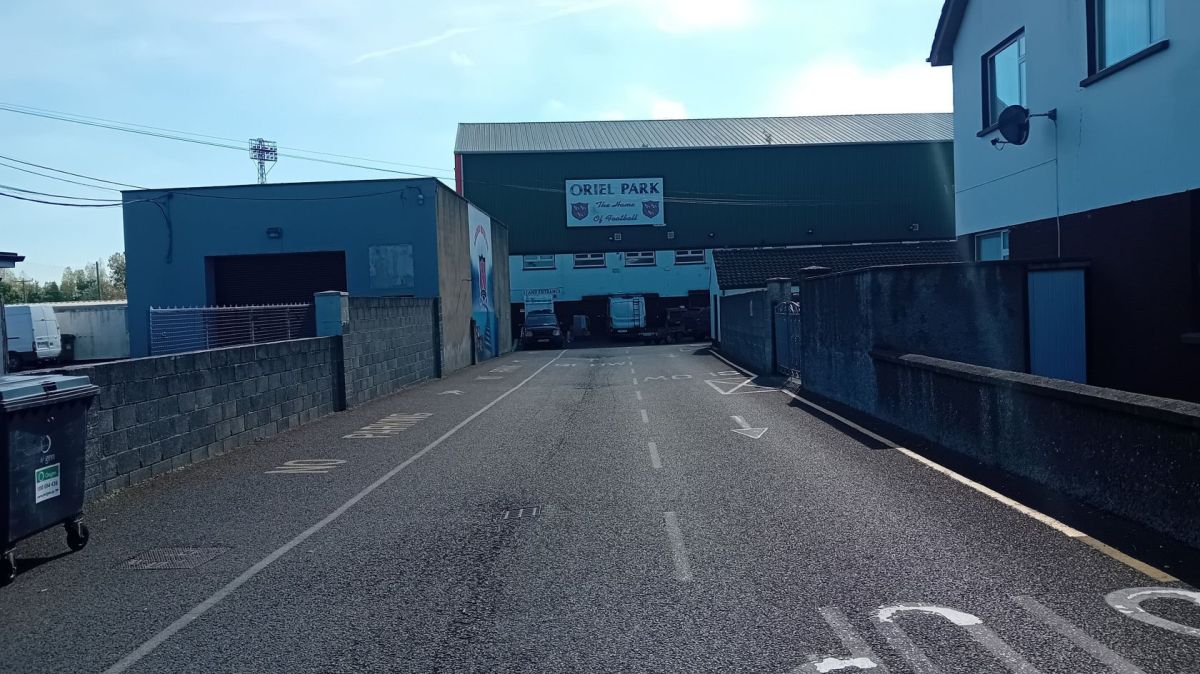The Economic and Social Research Institute (ESRI) released research on Friday examining the causes of income inequality across the island of Ireland, commissioned by the Taoiseach’s Shared Island Unit.
The study used 2019 data and the Gini coefficient—a measure where 0 represents perfect equality and 100 indicates that all income belongs to one individual—to assess income inequality.
The report found that disparities In demographics, employment patterns, wage levels, and the tax-benefit systems in Ireland and Northern Ireland contribute to differences in income distribution.
The study Identified two opposing forces driving differences in market income inequality between Ireland and Northern Ireland.
In Ireland, a younger and more educated population results in lower income inequality, as there are fewer individuals without earnings.
However, the country’s higher and more unequal wages lead to greater market income inequality.
On the other hand, while Ireland’s tax system is more progressive and does more to reduce inequality than Northern Ireland’s, its means-tested benefits are less comprehensive. As a result, Northern Ireland’s benefits system reduces inequality more effectively.
These contrasting effects lead to overall similar levels of income redistribution by the tax-benefit systems in both regions.
Karina Doorley, ESRI associate research professor and co-author of the report, said: “This research provides insights into potential future trends in income inequality on the island of Ireland. Population aging and increasing education levels will likely impact pre-tax income distribution in both Ireland and Northern Ireland, particularly in the latter, where education levels are currently lower.”
Dora Tuda, another co-author, noted: “Our findings suggest that any future alignment between the tax-benefit systems in Ireland and Northern Ireland would likely have a limited impact on income inequality, due to these opposing forces.”
Michele Gubello, a third co-author, added: “Previous ESRI research shows that a majority of people in Ireland and Northern Ireland believe their governments should take steps to reduce income inequality. Understanding the factors driving inequality can inform the discussion on its fairness and societal acceptance.”









